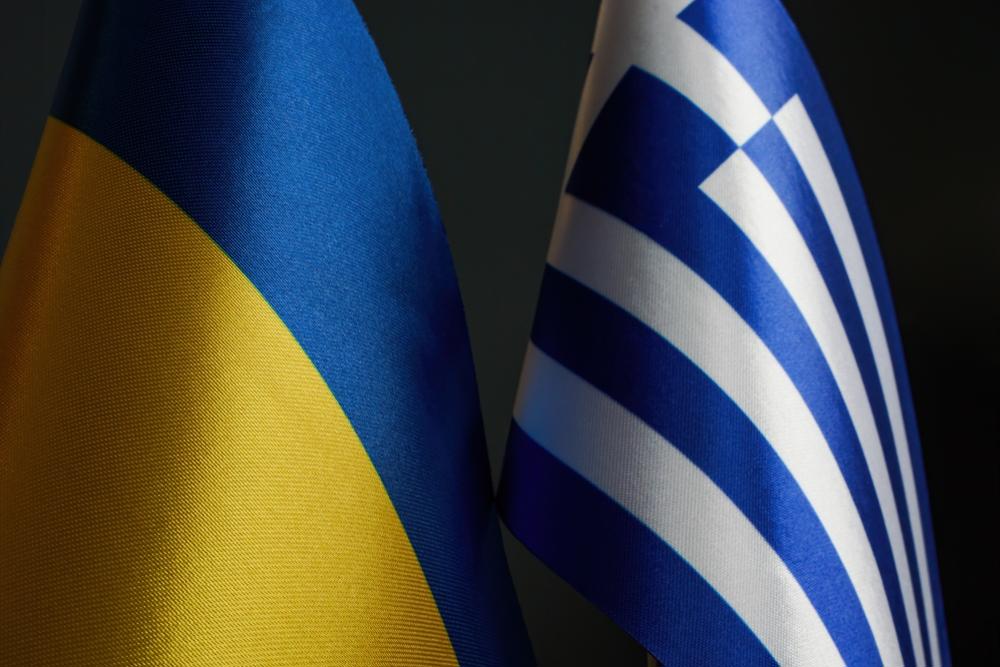Ukraine has signed a letter of intent (LoI) with the Greek state-owned natural gas company DEPA Commercial to import liquefied natural gas (LNG) from Greece, in a move aimed at safeguarding its energy needs amid ongoing Russian attacks on critical infrastructure.
The agreement, announced by Ukrainian energy group Naftogaz, was signed during President Volodymyr Zelenskiy’s visit to Athens on Sunday.
It marks a major step in Ukraine’s strategy to diversify gas sources and reduce dependency on Russian energy.
Naftogaz said in a statement that “Both operational and long-term arrangements have been reached with the Greek side.”
The company noted that the LNG will be transported through an existing cross-border pipeline network involving the gas transmission system operators of five European countries across the Balkan peninsula.
Naftogaz CEO Sergii Koretskyi emphasised the importance of the deal for national and regional stability.
“This partnership opens another reliable direction for imports for the upcoming winter,” he said.
“We are consistently and systematically expanding the geography of supplies to guarantee stable heating for Ukrainians and to strengthen the energy security of the entire region.
“I thank DEPA Commercial for their readiness to move forward together.
“Sincere gratitude to the President of Ukraine and the government for making this agreement possible.”
Deliveries of LNG are expected to begin in January, according to President Zelenskiy, who confirmed the timeline during a joint appearance with Greek Prime Minister Kyriakos Mitsotakis in Athens.
Before his trip, the Ukrainian leader revealed that Kyiv had secured financial backing from European partners, development banks with European Commission guarantees, and domestic banks to cover roughly €2 billion (US$2.3 billion) needed for winter gas imports.
He added that Ukraine’s government is also working with U.S. partners to secure full financing for the supply agreement.
The partnership with DEPA represents part of a larger effort by Kyiv to fortify its energy system after repeated Russian missile strikes have crippled Ukraine’s power plants, gas depots, and production facilities.
Reuters reported that the LoI provides Ukraine with both an operational and strategic route for energy imports ahead of the cold season.
The deal also deepens Greece’s growing role as a regional LNG hub. Greece has recently expanded its Revithoussa LNG terminal and is developing new facilities such as the Alexandroupolis Floating Storage Regasification Unit (FSRU), which came online earlier this year.
Furthermore, Greece signed its first long-term LNG supply contract with the United States earlier this year, securing American LNG deliveries to Europe beginning in 2030.
The move underscores Europe’s accelerating shift away from Russian fossil fuel imports following the full-scale invasion of Ukraine in 2022.
Last month, the European Union approved a plan to ban Russian LNG imports from 2027 as part of its wider strategy to phase out dependence on Moscow for energy supplies.
Ukraine’s collaboration with Greece, therefore, not only ensures greater stability for domestic consumers but also aligns with broader European efforts to secure independent and diversified energy infrastructure.
Share this story
